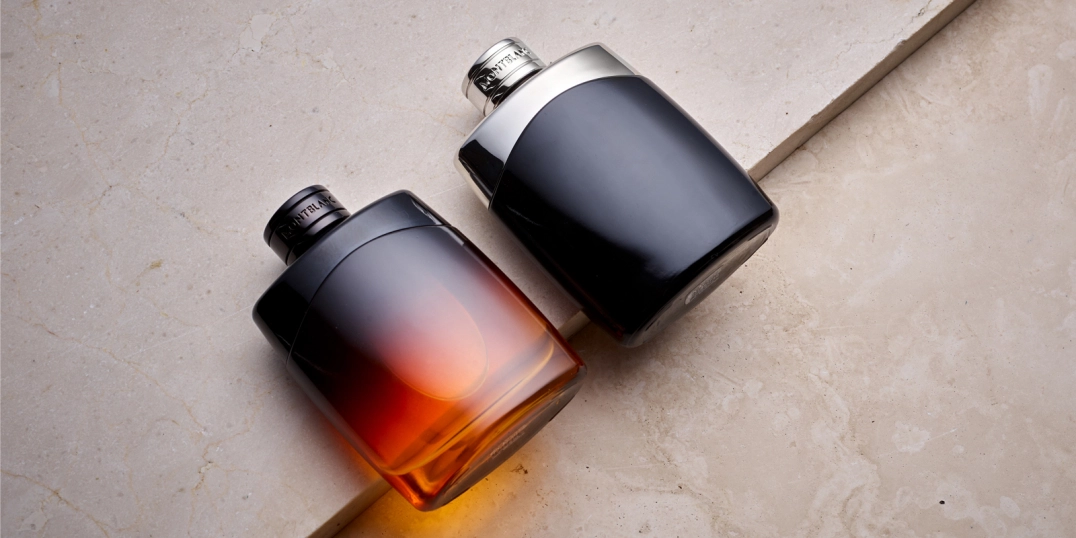Eau de Parfum vs Eau de Toilette: What Are the Differences?
Choosing the right fragrance can be a delightful yet sometimes confusing experience. With various options available, such as eau de parfum and eau de toilette, understanding the differences between these types can help you select the perfect scent that complements your personality and suits your lifestyle. This guide will walk you through the key distinctions, helping you make an informed decision for your fragrance collection.
Key Takeaway
- Eau de parfum (EDP) has a higher concentration of perfume oil (12-18%) than eau de toilette (EDT) (8-12%), resulting in a stronger, longer-lasting scent.
- EDT is lighter and more suitable for everyday wear and casual outings, while EDP is ideal for special occasions or when you want a more intense scent.
- Both types share the same scent notes but may present subtle differences due to concentration and ingredient ratios.
- Application techniques and skin type also influence the longevity and intensity of your fragrance experience.
- Ultimately, your choice depends on the occasion and your personal taste.
Table of Contents
- Fragrance and Personal Preference
- Introduction to Fragrances
- What is Eau de Parfum?
- What is Eau de Toilette?
- Do Eau de Parfums and Eau de Toilettes Smell Different?
- Factors Affecting Fragrance Intensity
- Application and Usage
- Eau de Toilette for Everyday Use
- Eau de Parfum for Special Occasions
- Conclusion
Fragrance and Personal Preference
Fragrance is one of the most personal beauty products, influencing how others remember you through scent and evoking memories and emotions. When adding to your collection, consider notes, chemistry, price, and how the fragrance interacts with your skin's natural odour. You can also personalise your experience by choosing eau de parfum or eau de toilette versions that may have slight differences in notes or ingredients.
Introduction to Fragrances
Fragrances play a significant role in daily routines, offering a way to express personality and enhance mood. The main difference between eau de parfum, eau de toilette, and eau de cologne lies in their concentration of perfume oil, which affects intensity and longevity. Eau de parfum generally contains a higher concentration, resulting in a stronger scent, while eau de toilette offers a lighter, more subtle aroma suitable for various occasions.
What is Eau de Parfum?
Eau de parfum means "perfume water" in French and usually contains 12-18% perfume oil. It tends to have a thicker texture and less alcohol than eau de toilette, making it potentially less irritating for sensitive skin. The higher concentration of perfume oil typically results in a more expensive product, but this also means a richer and longer-lasting scent.
What is Eau de Toilette?
Eau de toilette generally contains 8-12% perfume oil, with a lighter, fresher scent and a thinner consistency due to higher alcohol content. Floral notes like rose are common, creating elegant and delicate fragrances. Eau de toilette is popular for daytime wear and casual occasions, making it a staple in many fragrance ranges.
Do Eau de Parfums and Eau de Toilettes Smell Different?
While eau de parfum and eau de toilette versions of the same fragrance share scent notes, differences in concentration and ingredient ratios can cause subtle variations in how they smell. Higher perfume oil concentration in EDPs often means greater intensity and longevity. Additionally, notes like sandalwood may be more pronounced in one concentration than the other, giving each version a unique character.
Factors Affecting Fragrance Intensity
Beyond concentration, factors like skin type affect how long and intensely a fragrance lasts. Well-moisturised or oily skin retains scent better than dry skin. Layering products such as matching shower gels or body lotions can also enhance fragrance depth and longevity.
Application and Usage
For best results, apply fragrance to pulse points like wrists, neck, and behind ears, where warmth helps diffuse scent. Avoid rubbing as it can alter the fragrance. Layering with complementary products and lightly spraying clothes or hair can extend the scent's presence throughout the day.
Eau de Toilette for Everyday Use
Thanks to its lighter concentration and refreshing nature, eau de toilette is perfect for daily wear, from work to casual outings. Its subtle scent can be reapplied as needed, offering versatility for different moods and seasons.
Popular everyday eau de toilettes include classics like Chanel Chance Eau de Toilette and Calvin Klein CK One, which are celebrated for their fresh, clean, and light aromas suitable for various casual and daytime settings. These EDTs offer a subtle yet refreshing scent profile, making them ideal for everyday wear.
Dior Sauvage Eau de Toilette offers an aromatic and spicy experience featuring prominent notes of bergamot and pepper. This vibrant and dynamic scent delivers a bold character that is both versatile and captivating, perfect for anyone who appreciates a lively, warm, fragrance.
Eau de Parfum for Special Occasions
Eau de parfum, with its richer concentration and intense scent, suits moments when you want to leave a lasting impression, such as evening events or special occasions.
Popular eau de parfums like Dior J'adore, Yves Saint Laurent Black Opium, and Tom Ford Black Orchid are celebrated for their deep, captivating aromas that linger beautifully throughout the night.
Your decision ultimately depends on the occasion and your personal taste. Sampling different fragrances and concentrations can help you find the perfect match, including exploring more intense versions for added impact.
Conclusion
Choosing between eau de parfum and eau de toilette comes down to your desired scent experience and lifestyle. Eau de parfum offers a stronger, longer-lasting fragrance ideal for making a statement, while eau de toilette provides a lighter, refreshing option perfect for everyday use. Understanding these differences and applying your fragrance properly will help you select one that complements your personality and occasions.


